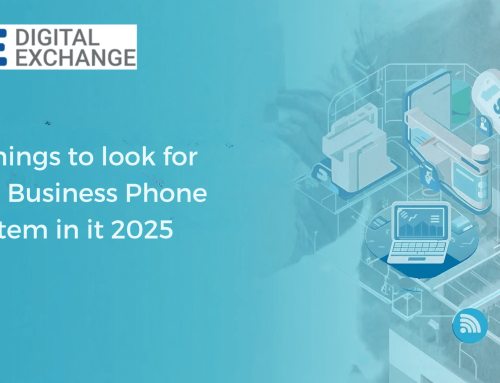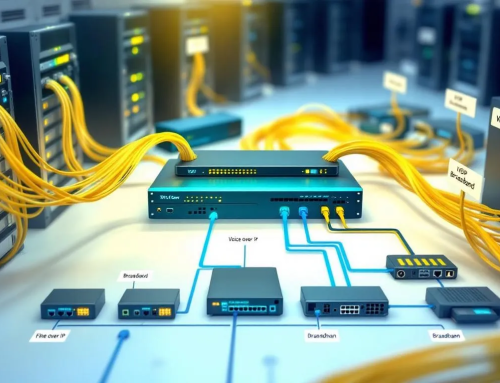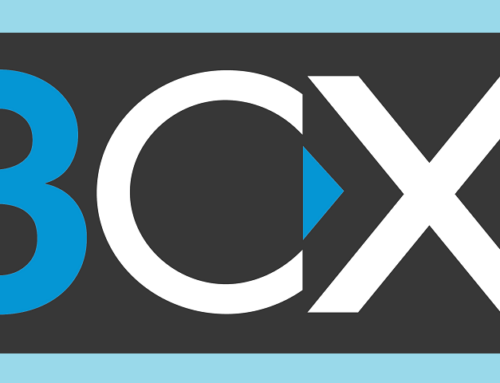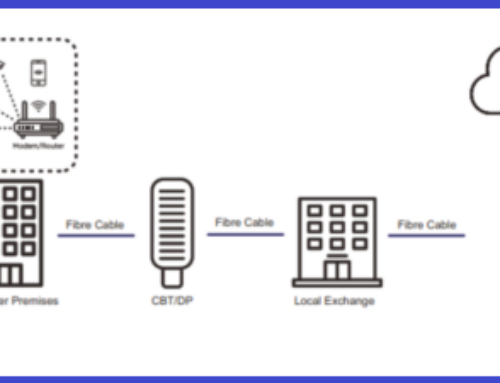Why Can’t I buy Copper Broadband or phone lines due to the copper switch off?
Yesterday (05/09/2023) marked Openreach’s national stop-sell date for all ADSL / FTTC internet connections and old-style copper phone lines, this means you will no longer be able to purchase any of these services. Instead, BT have released alternative options for the products no longer available. This moment signifies the beginning of the end for the copper-based phone line and broadband connections which is on track to cease in 2025 (only a year and half away).
The copper switch off is driven by the increasing demand for high-speed internet and the need to modernise the digital infrastructure, with significant impacts expected for users still reliant on copper-based connections.
The transition to fibre-optic broadband as part of the broader initiative to modernise the UK’s digital infrastructure with a fully fibre network is expected to bring numerous benefits, including faster internet speeds and reduced faults. This change will have significant implications for homes and businesses, especially those in rural and remote areas.
The Copper Switch: What’s Happening?
The copper switch is a significant change that will affect millions of people in the UK. As part of this transition, traditional analogue and digital phone lines, which rely on copper cables, will be phased out and replaced with fibre-optic broadband. This means that the old copper network will no longer be supported, and phone services will be delivered over the internet using Voice over Internet Protocol (VoIP) technology.
If you currently have analogue or digital phone lines, you will need to upgrade to a fibre-optic broadband connection to continue using your phone service. This upgrade involves setting up a new internet connection and using a VoIP-enabled phone or device. Your service provider will guide you through the process, ensuring a smooth transition to the new technology. The copper switch is a necessary step towards a more advanced and reliable communication infrastructure.
What does this mean and how does it affect me?
All new connections available will no longer have a copper line attached to them. This means they will no longer come with a phone number; this doesn’t mean you don’t have options, but you will require a VoIP (Voice over IP) license or number, which works seamlessly with fibre broadband, if you utilise the line that comes with your broadband. These lines can be used for a lot of different things, to give a few examples:
- Fax lines
- main contact number
- alarm lines
- PDQ Machine
VoIP services are cloud-based, allowing for easy expansion of users without the physical limitations of traditional phone lines.
If you have any of these services on your broadband phone line you will need one of two things, a converter (called an ATA) or a VoIP alternative.
My broadband connection is part of the stop-sell; will my internet be turned off?
No, your connection will stay live but you really should consider upgrading to one of the alternative connections. The new connections will utilise fibre cables, which offer significantly faster internet speeds and greater reliability compared to older technologies. BT are still on track to cease all copper connections in 2025, the exact date is yet to be released but keep in mind, as we get closer to the date the more people are switching over to a non-copper alternative. If you leave this to the last minute your order will take longer to fulfil as there is limited availability for installs.
How much will these new fibre broadband connections cost?
These are dealt with on a case-by-case basis but some people may find that their copper connection costs roughly the same as the new technology so why wait, unless you have one of the services listed above that utilizes your phone number there is no reason not to move to the new technology as soon as possible, you may find that by requesting a quote we can offer you even greater speeds that you previously had. Even if you have a service on that connection, let us know, we have been able to overcome this obstacle for a lot of our customers and provided VoIP alternatives.
I have Analogue / Digital phone lines, what will happen to these?
The exact same will happen with the phone lines, you will no longer be able to purchase Analogue or Digital phone lines that rely on copper wire but they won’t be turned off until 2025, the best advice we can give is to start looking at a VoIP or SIP service provider. We can make the transition from an old style phone system (no matter how old) to a new shiny system that will bring you up to speed with the latest technology.
The public switched telephone network (PSTN), which has been in use for over 150 years, is also being retired in favor of more modern communication technologies like VoIP.
I don’t like change, why can’t I remain on the same copper network service?
Unfortunately in the world we are in, technology is ever moving and change is inevitable, if you choose to do nothing in 2025 your service will be terminated if you are on old copper technology for either your telephone lines or broadband, this has been a massive 10 year operation by BT, they have been working across the nation upgrading their data cabinets to give them alternative options or providing new products to replace them so they can do the big switch off.
Benefits of Upgrading to Fiber-Optic Broadband
Upgrading to fibre-optic broadband offers numerous benefits that make it a worthwhile investment. Here are some of the key advantages:
- Faster Speeds: Fibre-optic broadband is significantly faster than traditional copper-based broadband, with speeds reaching up to 10 Gbps. This means you can download and upload large files in seconds, stream high-definition videos without buffering, and enjoy a seamless online experience.
- Reliability: Fibre-optic cables are less prone to interference and outages compared to copper cables. This results in a more stable and reliable internet connection, ensuring you stay connected when it matters most.
- Capacity: Fibre-optic cables have a much higher capacity than copper cables, allowing multiple devices to connect to the internet simultaneously without compromising on speed or performance. This is ideal for households and businesses with numerous internet-connected devices.
- Future-Proofing: Fibre-optic broadband is a future-proof technology that can support the increasing demands of the internet for years to come. As online activities and data consumption continue to grow, fibre-optic broadband will ensure you have the bandwidth to keep up.
In addition to these benefits, fibre-optic broadband also enables the use of VoIP technology, which offers a range of features and benefits, including:
- Cost Savings: VoIP services are often more affordable than traditional phone services, helping you save on communication costs.
- Flexibility: VoIP services can be used from anywhere with an internet connection, making them ideal for remote workers and businesses with multiple locations.
- Advanced Features: VoIP services come with a range of advanced features, such as call forwarding, voicemail, and video conferencing, enhancing your communication capabilities.
What is VoIP and How Does it Work?
VoIP (Voice over Internet Protocol) is a revolutionary technology that allows phone calls to be made over the internet. Instead of using traditional copper wires, VoIP converts your voice into digital data, which is then transmitted over the internet to the recipient’s device.
Here’s a simple breakdown of how VoIP works:
- Making a Call: You initiate a call using a VoIP-enabled phone or device.
- Voice Conversion: The VoIP software or device converts your voice into digital data.
- Data Transmission: The digital data is transmitted over the internet to the recipient’s device.
- Voice Reception: The recipient’s device converts the digital data back into sound, allowing them to hear your voice.
For VoIP technology to work effectively, a stable and fast internet connection is essential. This is why fibre-optic broadband is ideal for VoIP services, as it provides the necessary speed and reliability.
Beyond making phone calls, VoIP technology offers a range of additional features and services, including:
- Video Conferencing: VoIP enables video conferencing, allowing for face-to-face communication over the internet, which is perfect for remote meetings and virtual gatherings.
- Instant Messaging: VoIP supports instant messaging, enabling users to send messages and files quickly and easily.
- Call Forwarding: VoIP allows for call forwarding, so you can redirect calls to other devices or numbers, ensuring you never miss an important call.
Overall, VoIP technology provides a versatile and cost-effective solution for modern communication needs, making it an attractive option for both individuals and businesses looking to upgrade their phone services.
Summary
If you have any questions or want to hear more about this, please Contact Us or preferably book a Teams call with one of our Team! We are always happy to help find a solution that works for you and your business, you can be a one-man band or a large corporation, no matter the size we will find a solution for you! Don’t hesitate to get in touch with us today!
If you want to find out more about the different types of internet connection and the actual end of Copper, you can read our blogpost about The end of BT Copper Broadband Services by following that link. Or you can read about it on Wikipedia.







